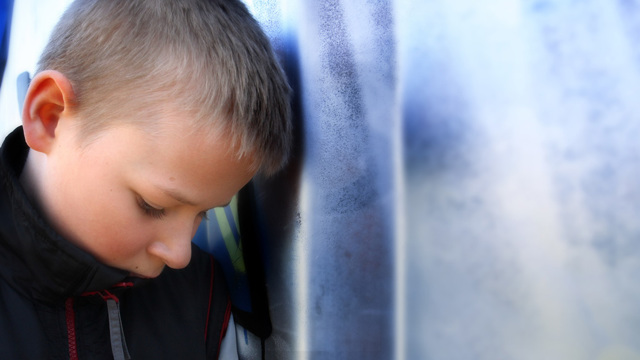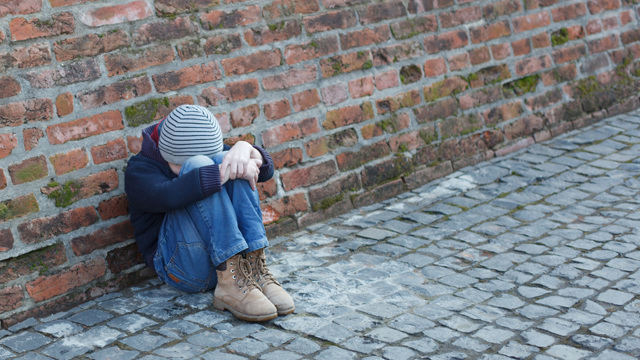The aim of this project is to examine bullying, victimization and bystander behaviours among school students in relation to social and moral processes in the school context. According to the social-ecological framework and social-cognitive theory on moral agency, bullying and different bystander behaviours cannot be reduced to individual variables but have to be understood as being produced by a complex interplay between individual and contextual factors. In the current project, a range of predictors will be examined such as class climate including teacher-student relationships, collective moral disengagement, collective defender efficacy, gender, individual moral disengagement, and individual defender self-efficacy. What are the unique and interactive effects of these predictors on bullying, victimization, and various bystander behaviours in bullying situations among school students from grade 4 to grade 8? The project will also examine students’ perspectives on social and moral processes in relation to bullying, victimization, and bystander behaviours. Data collection for the pre-study has been accomplished and will be analysed. The main study and the first wave of data collection will begin at the end of October 2015. This research project is funded by the Swedish Research Council.
The Social and Moral Processes of Bullying - a four-year longitudinal study
As researchers focusing on bullying in schools we are interested in the social and moral characteristics of the school class, including teacher–student relationships. This project has just started and will focus on understanding how bullying and bystander behaviour have to be understood as being produced by an interplay between individual and contextual socio-moral factors in school classes.




